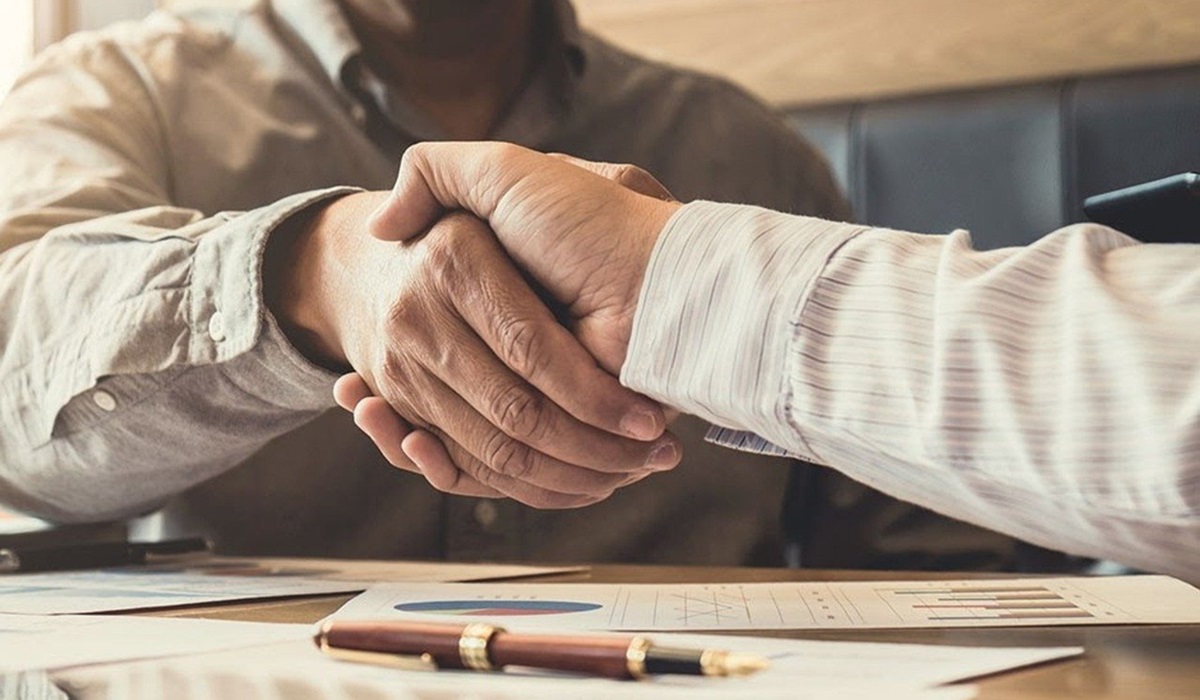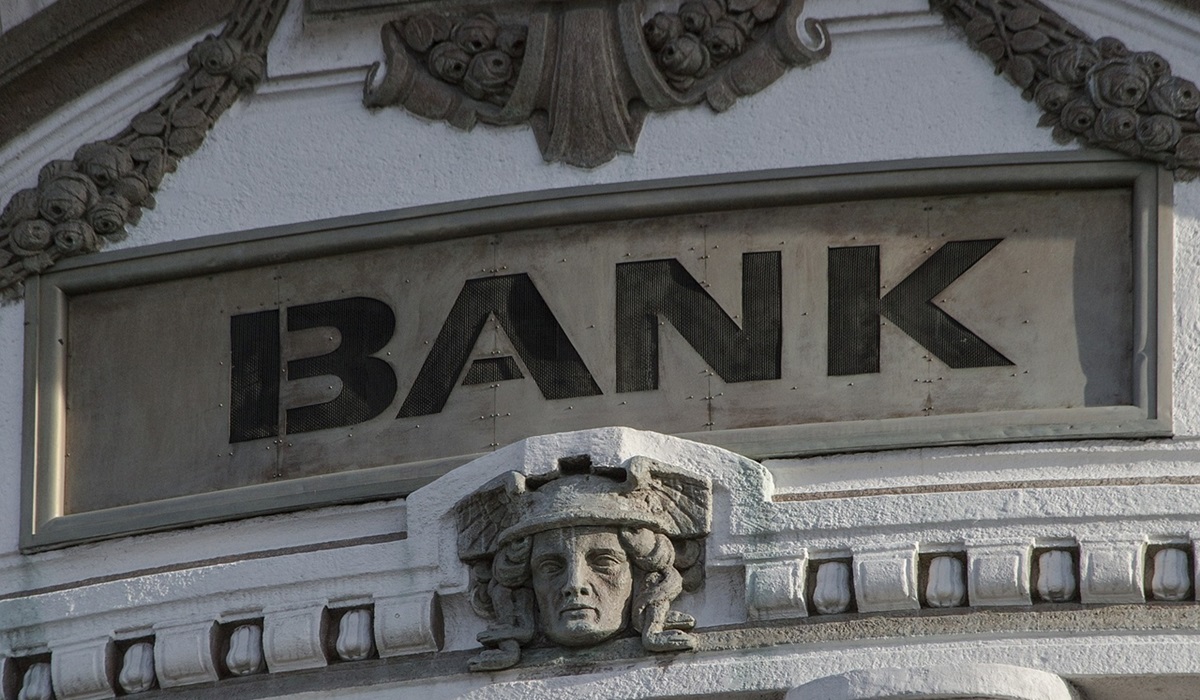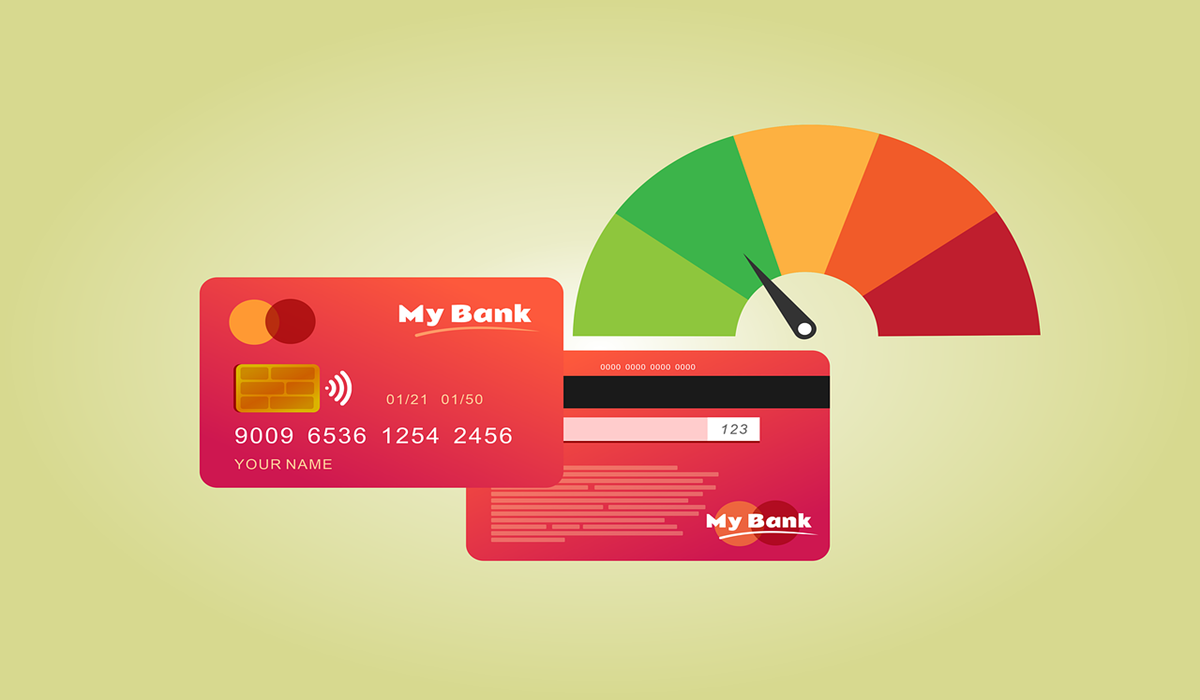Understanding Fixed vs. Variable Rate Mortgages
- Navdeep Khangura
- Mortgage Advisor
- Golden Key Mortgage Ltd
- October 28, 2024

Image Credit, Satheesh Sankaran
When shopping for a mortgage, one of the most important decisions you’ll need to make is whether to choose a fixed-rate or variable-rate mortgage. Each type comes with its own set of advantages and disadvantages, and understanding the differences between them can help you select the best option for your financial situation. This choice will impact not only your monthly payments but also the total amount of interest you pay over the life of your mortgage. Let’s break down the key factors to help you make an informed decision.
What Is a Fixed-Rate Mortgage?
A fixed-rate mortgage offers stability and predictability by locking in the interest rate for the entire term of the loan. Whether you choose a 15-year or 30-year term, your interest rate remains the same, meaning your monthly mortgage payment will not change. This is a great option if you value consistency and want to know exactly how much you’ll be paying each month for the life of the loan.
Advantages of Fixed-Rate Mortgages:
- Predictable Payments: Your mortgage payment remains constant, making it easier to budget over time.
- Protection Against Rate Increases: Even if market interest rates rise, your rate stays locked in.
- Simplicity: With no surprises in your payments, it’s easier to plan long-term finances, such as saving for retirement or other investments.
Disadvantages of Fixed-Rate Mortgages:
- Higher Initial Rates: Fixed-rate mortgages usually start with a higher interest rate compared to variable-rate options.
- Less Flexibility: If interest rates drop, you won’t benefit from lower rates unless you refinance, which can incur additional costs.
Fixed-rate mortgages are ideal for borrowers who prefer the security of steady payments, particularly those planning to stay in their home long-term or during periods when interest rates are expected to rise.
What Is a Variable-Rate Mortgage?
A variable-rate mortgage, also known as an adjustable-rate mortgage (ARM), has an interest rate that fluctuates with market conditions. It typically begins with a lower initial rate than a fixed-rate mortgage, but after an initial period—often 1, 3, or 5 years—your rate will adjust periodically based on changes in a specific financial index, such as the prime lending rate or the central bank’s rate.
Advantages of Variable-Rate Mortgages:
- Lower Initial Rates: The starting rate is often lower than that of a fixed-rate mortgage, which can lead to lower payments in the short term.
- Potential for Savings: If market rates remain stable or decrease, your monthly payments could decrease as well, saving you money in the long run.
- Flexibility: Many variable-rate mortgages allow for early repayment without significant penalties, which can be appealing if you plan to sell or refinance before the adjustable period kicks in.
Disadvantages of Variable-Rate Mortgages:
- Rate Increases: If interest rates rise, your payments could increase significantly, making it difficult to budget.
- Uncertainty: Variable rates introduce an element of risk, as it’s impossible to predict how market conditions will change.
- Potential for Higher Costs Over Time: If rates rise consistently, you could end up paying more in interest over the life of the loan compared to a fixed-rate mortgage.
Variable-rate mortgages are often more appealing to buyers who plan to move or refinance within a few years or those who believe that interest rates will remain low during the initial term of the loan.
Key Factors to Consider
Choosing between a fixed-rate and variable-rate mortgage depends on your financial situation, your risk tolerance, and your future plans. Here are some factors to keep in mind as you weigh your options:
- Market Conditions: Are interest rates expected to rise or fall? During times of historically low rates, locking in a fixed rate can be a safe bet. However, if rates are expected to drop or stay stable, a variable rate may offer short-term savings.
- Financial Stability: If your budget can handle fluctuating payments, a variable-rate mortgage might work. However, if you need predictable payments to manage your finances, a fixed-rate mortgage is a better fit.
- Time Horizon: How long do you plan to stay in the home? If you’re planning to move or refinance in a few years, a variable-rate mortgage could save you money with its lower initial rate. But if this is your forever home, locking in a fixed rate will offer peace of mind.
- Risk Tolerance: If the thought of your payments rising causes you stress, the certainty of a fixed-rate mortgage might be worth the extra cost. On the other hand, if you’re comfortable with some uncertainty, you may be able to take advantage of the lower initial rates offered by variable-rate mortgages.
Pros and Cons at a Glance
Fixed-Rate Mortgages:
- Pros: Predictable payments, protection from rising interest rates, easier long-term planning.
- Cons: Higher initial interest rate, less benefit if rates fall, potential refinancing costs.
Variable-Rate Mortgages:
- Pros: Lower initial interest rate, potential to benefit from falling rates, more flexibility.
- Cons: Risk of rising rates, unpredictable payments, potential for higher long-term costs.
What’s Right for You?
There’s no one-size-fits-all answer when choosing between a fixed-rate and variable-rate mortgage. For first-time homebuyers, this decision can seem daunting, but it’s crucial to align your mortgage with your financial goals and lifestyle. If you prioritize stability and want to avoid the risk of fluctuating payments, a fixed-rate mortgage will likely be your best bet. However, if you’re looking to capitalize on lower initial rates and are comfortable with the potential for changing payments, a variable-rate mortgage might be worth considering.
Take the time to consult with a mortgage broker or financial advisor to assess your options. The right mortgage can set you on a path to homeownership with confidence, ensuring your monthly payments align with your financial plans. Whether you choose a fixed or variable rate, being informed and choosing a mortgage that fits your needs is the key to a successful and stress-free home-buying experience.







